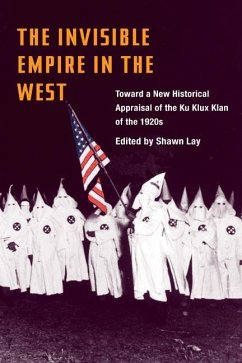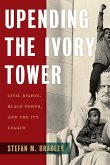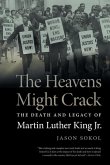This timely anthology describes how and why the Ku Klux Klan became one of the most influential social movements in modern American history. For decades historians have argued that the spectacular growth of the Ku Klux Klan in the 1920s was fueled by a postwar surge in racism, religious bigotry, and status anxiety among lower-class white Americans. In recent years a growing body of scholarship has contradicted that appraisal, emphasizing the KKK's strong links to mainstream society and its role as a medium of corrective civic action. Addressing a set of common questions, contributors to this volume examine local Klan chapters in six Western cities: Denver, Colorado; Salt Lake City, Utah; El Paso, Texas; Anaheim, California; and Eugene and La Grande, Oregon. Far from being composed of marginal men prone to violence and irrationality, the Klan drew its membership from a generally balanced cross section of the white male Protestant population. Overt racism and religious bigotry were major drawing cards for the hooded order, but intolerance frequently intertwined with community issues such as improved law enforcement, better public education, and municipal reform. The authors consolidate, focus, and expand upon new scholarship in a volume that should provide readers with an enhanced appreciation of the complex reasons why the Klan became one of the largest and most significant grass-roots social movements in twentieth-century America.
Hinweis: Dieser Artikel kann nur an eine deutsche Lieferadresse ausgeliefert werden.
Hinweis: Dieser Artikel kann nur an eine deutsche Lieferadresse ausgeliefert werden.








